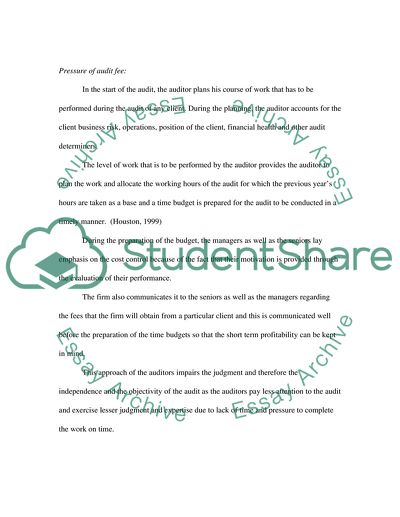Cite this document
(The Factors Affecting Audit Judgment Term Paper, n.d.)
The Factors Affecting Audit Judgment Term Paper. Retrieved from https://studentshare.org/finance-accounting/1751700-how-auditor-judgment-can-be-affected-through-varies-factors
The Factors Affecting Audit Judgment Term Paper. Retrieved from https://studentshare.org/finance-accounting/1751700-how-auditor-judgment-can-be-affected-through-varies-factors
(The Factors Affecting Audit Judgment Term Paper)
The Factors Affecting Audit Judgment Term Paper. https://studentshare.org/finance-accounting/1751700-how-auditor-judgment-can-be-affected-through-varies-factors.
The Factors Affecting Audit Judgment Term Paper. https://studentshare.org/finance-accounting/1751700-how-auditor-judgment-can-be-affected-through-varies-factors.
“The Factors Affecting Audit Judgment Term Paper”, n.d. https://studentshare.org/finance-accounting/1751700-how-auditor-judgment-can-be-affected-through-varies-factors.


